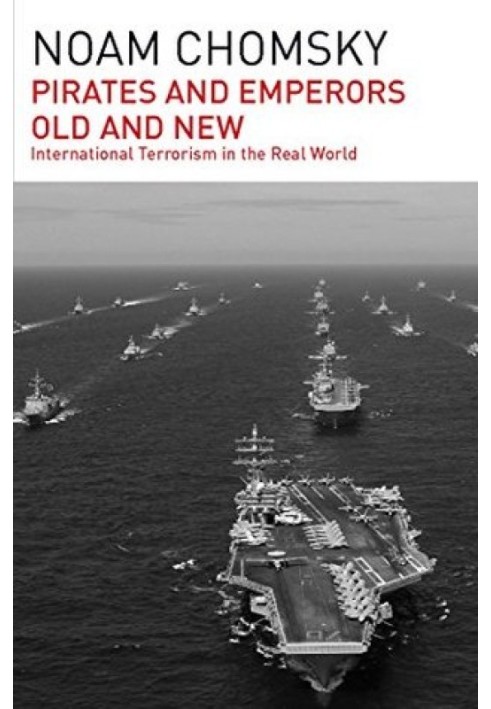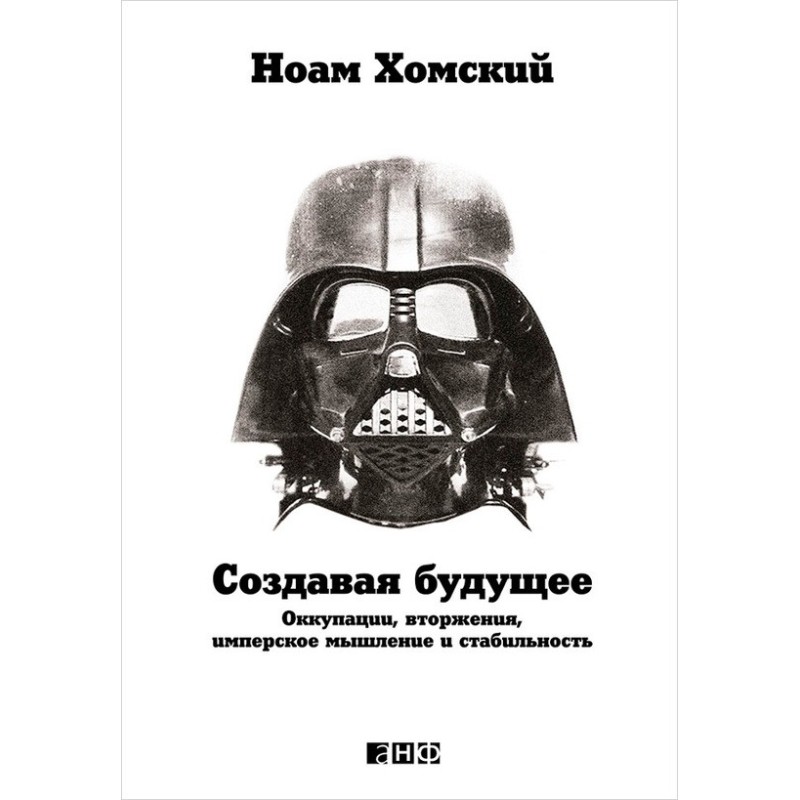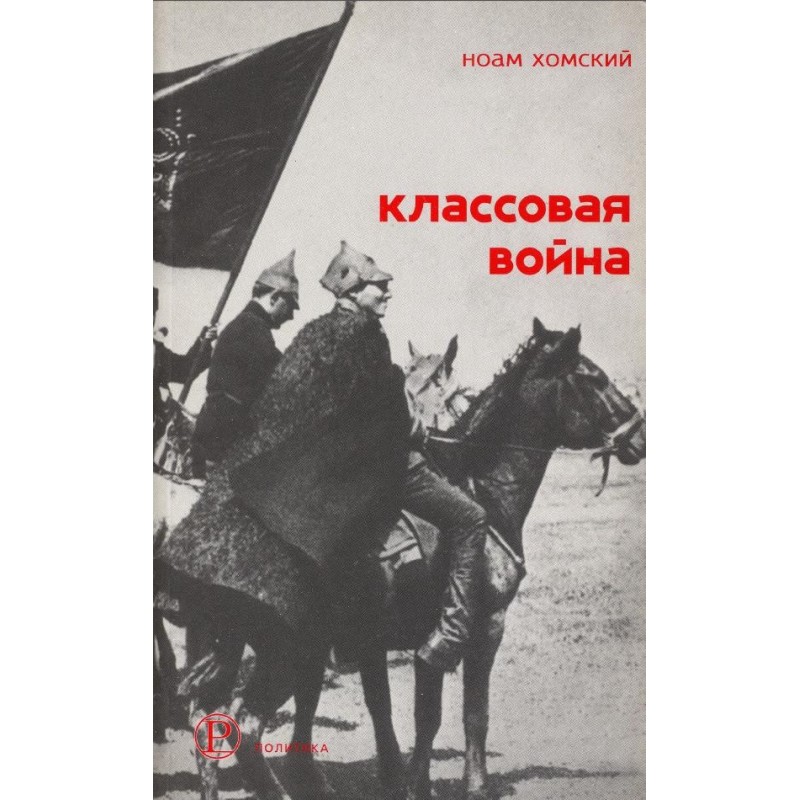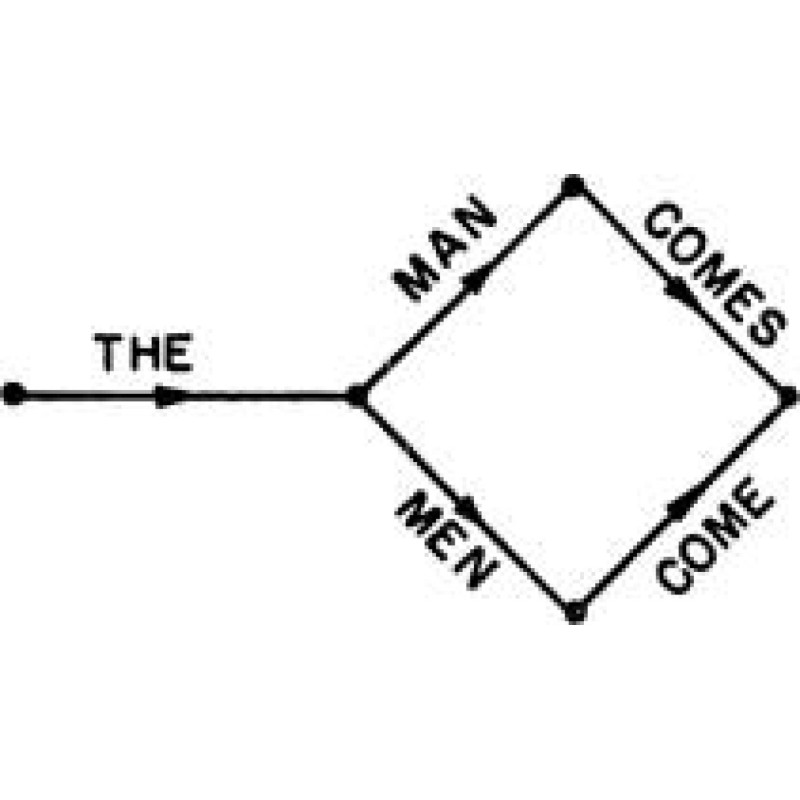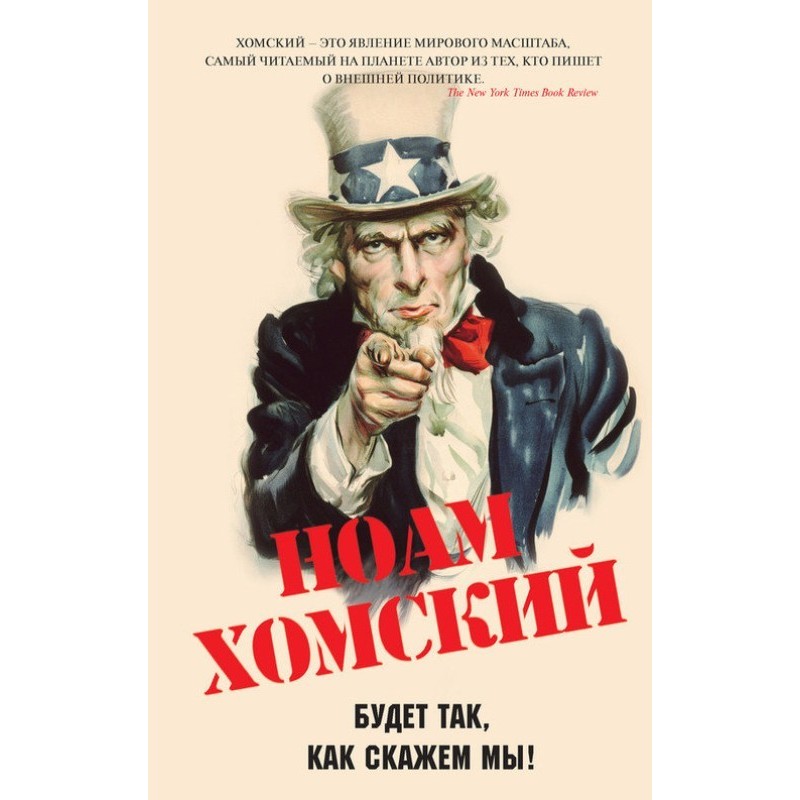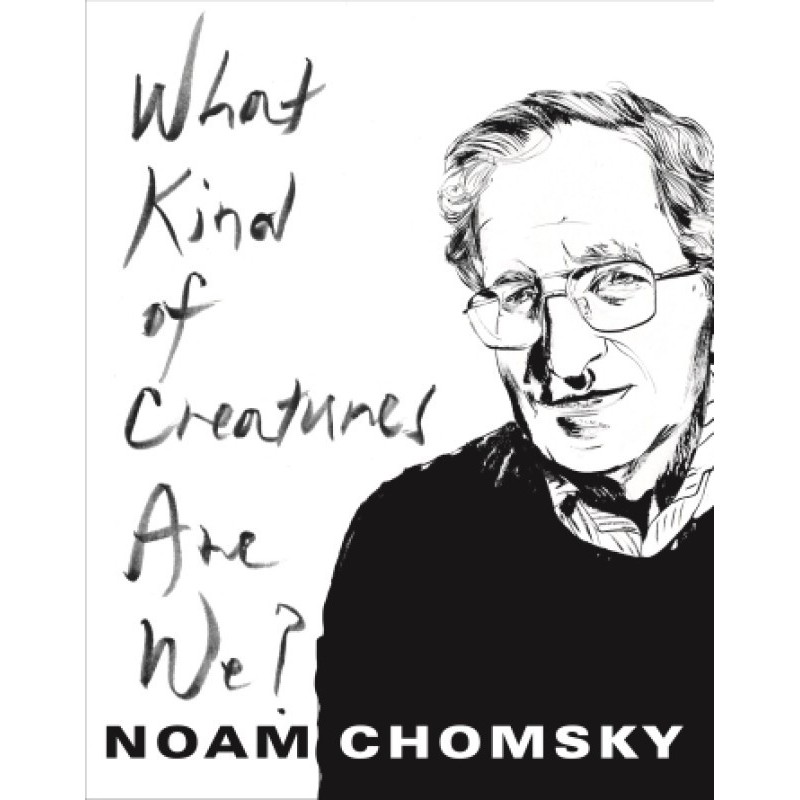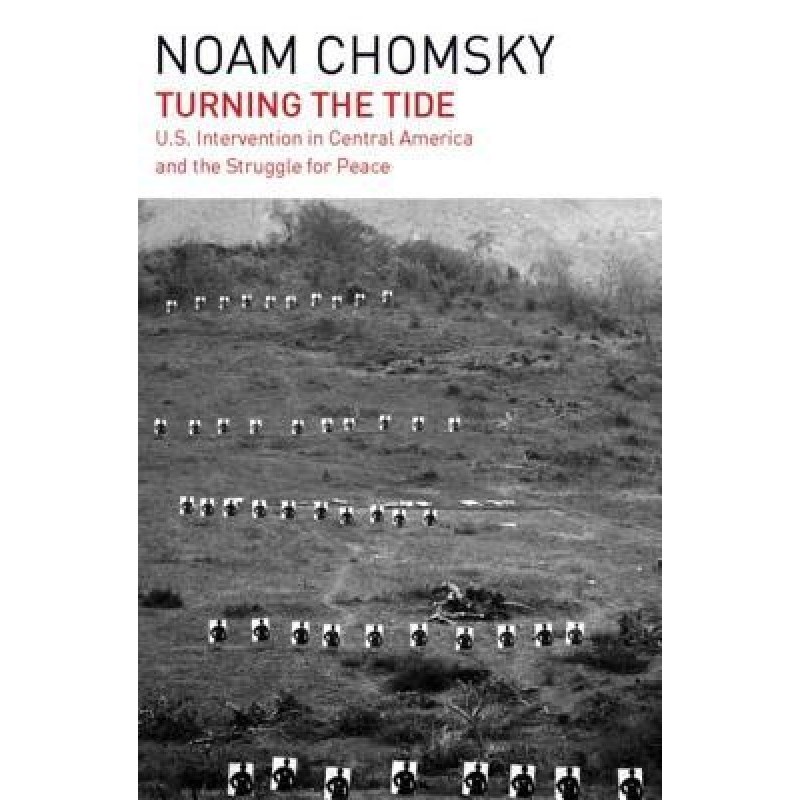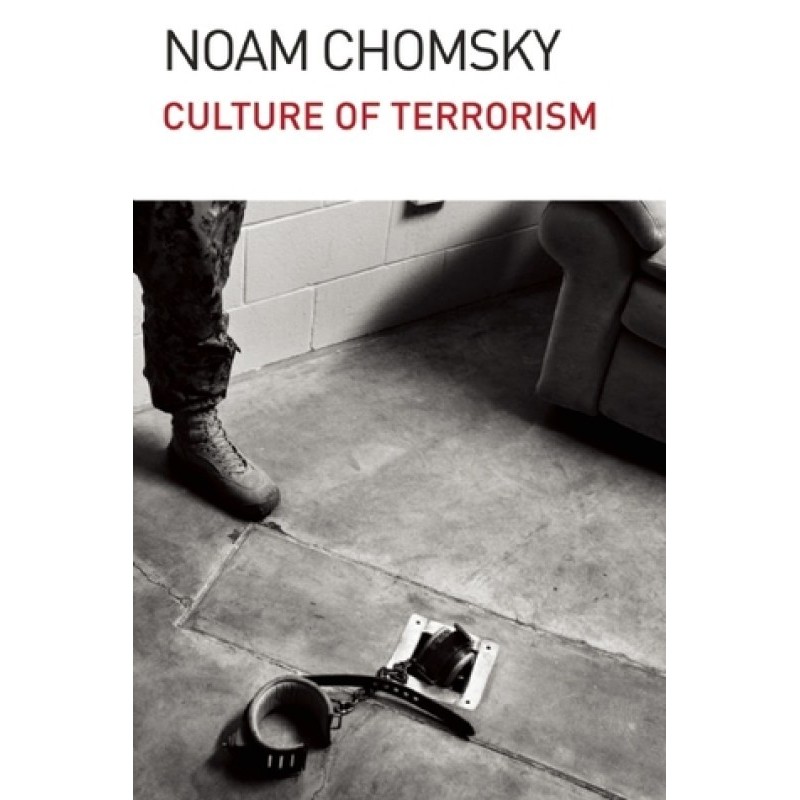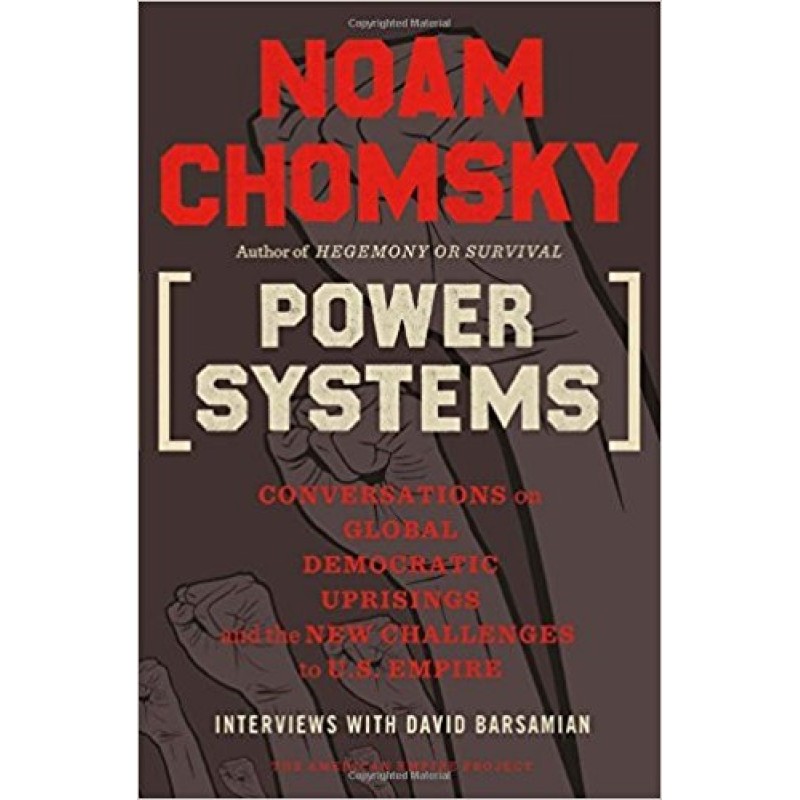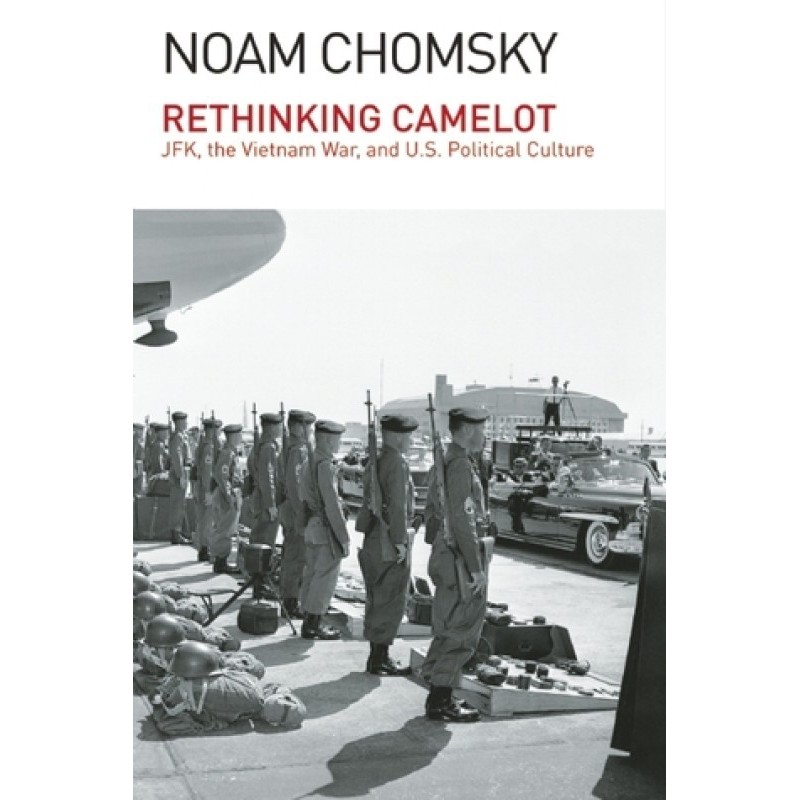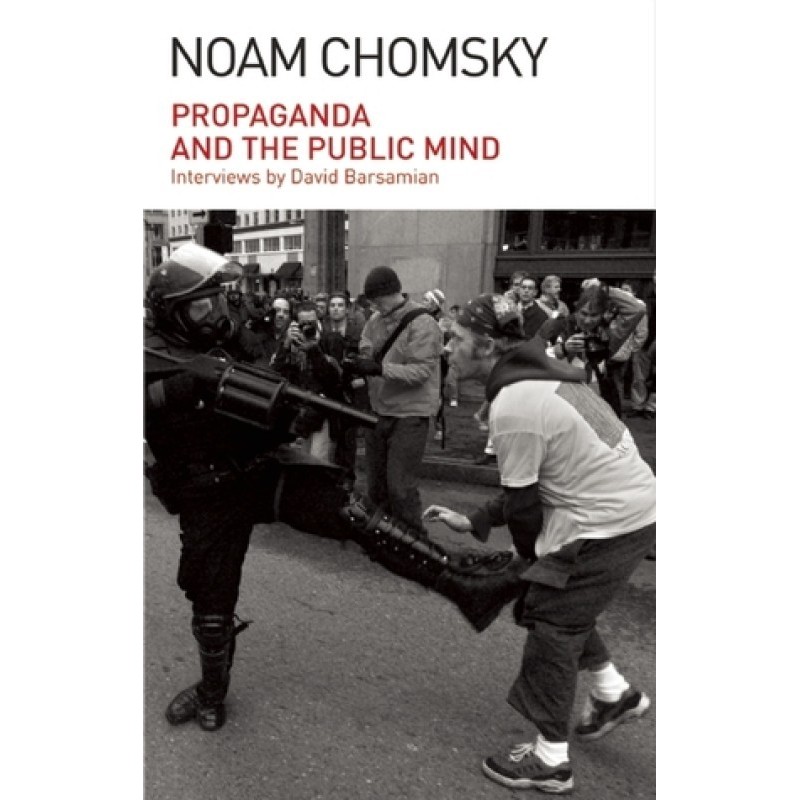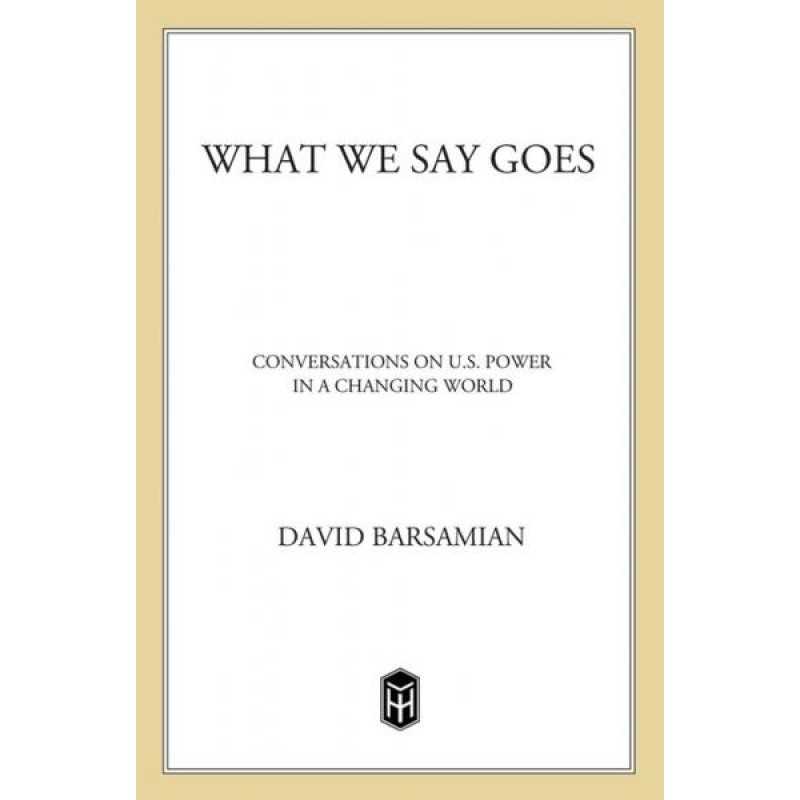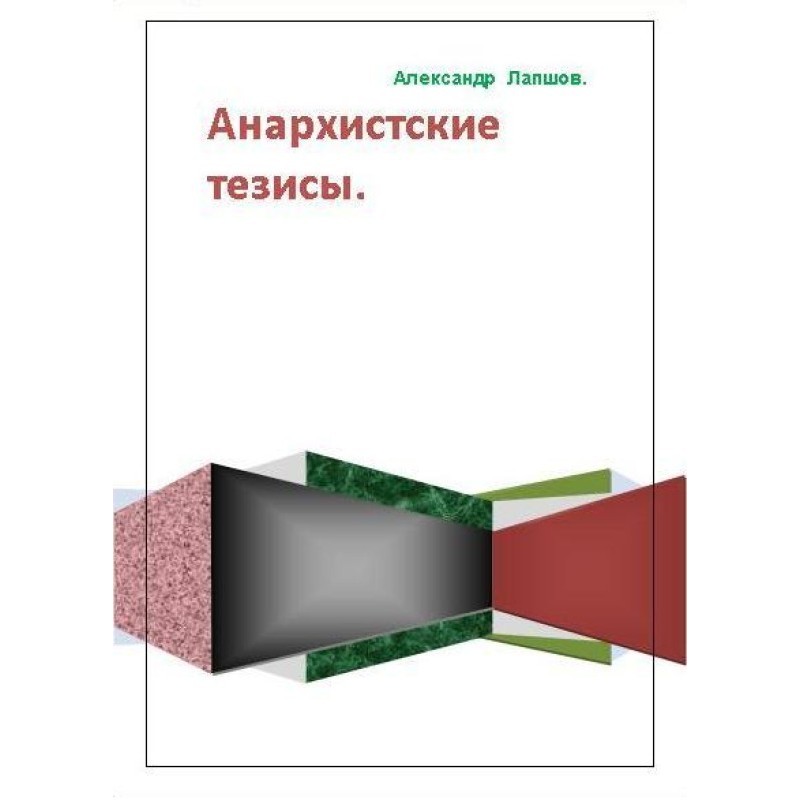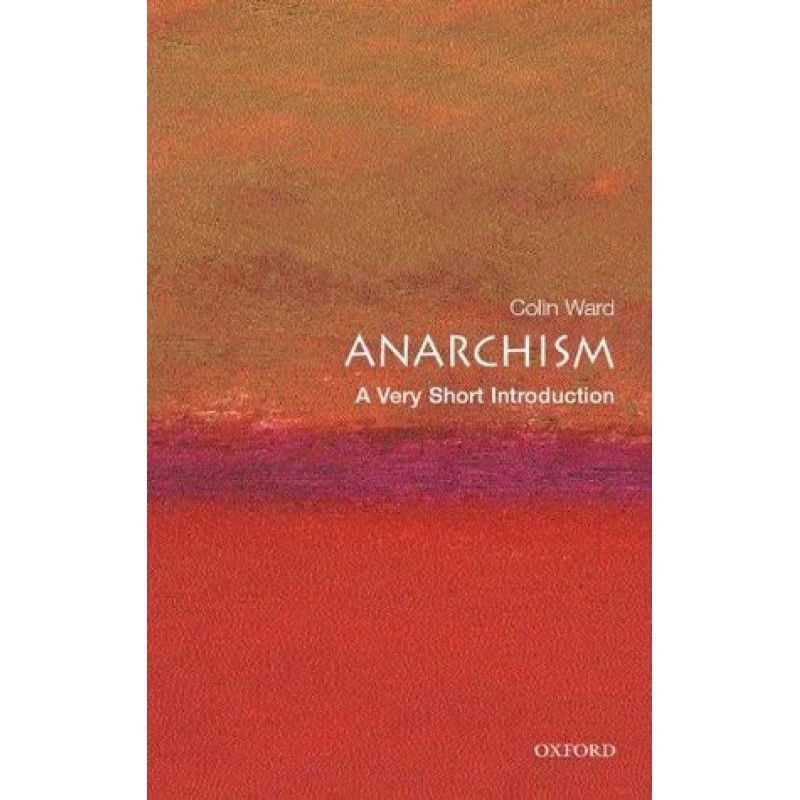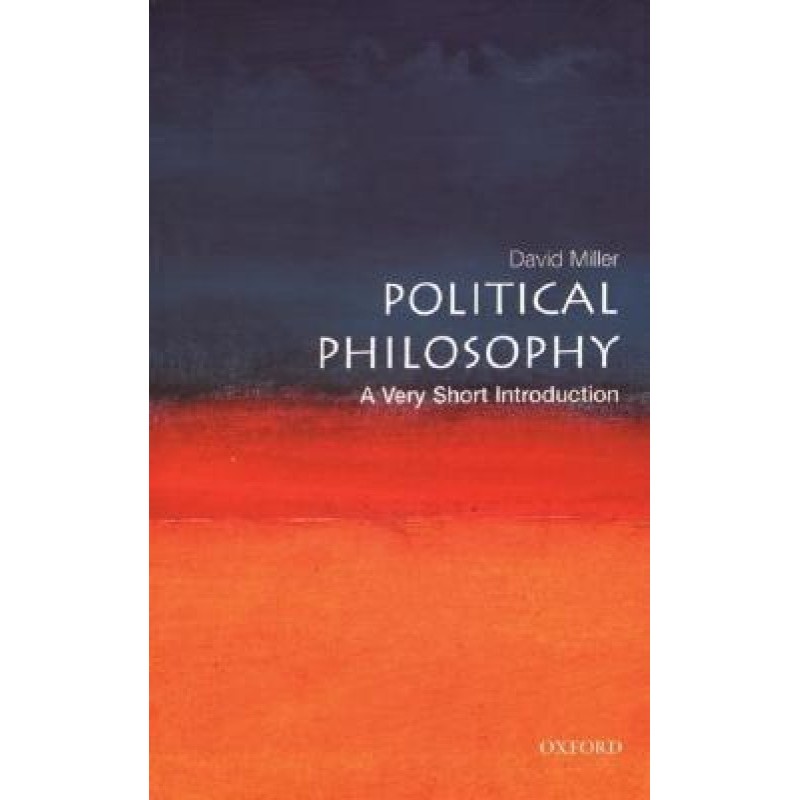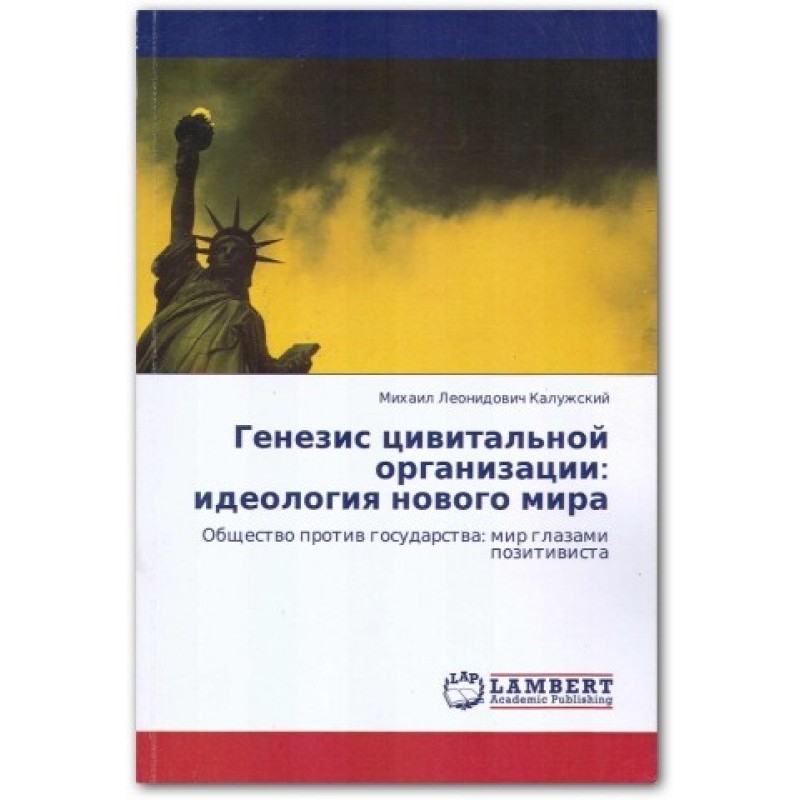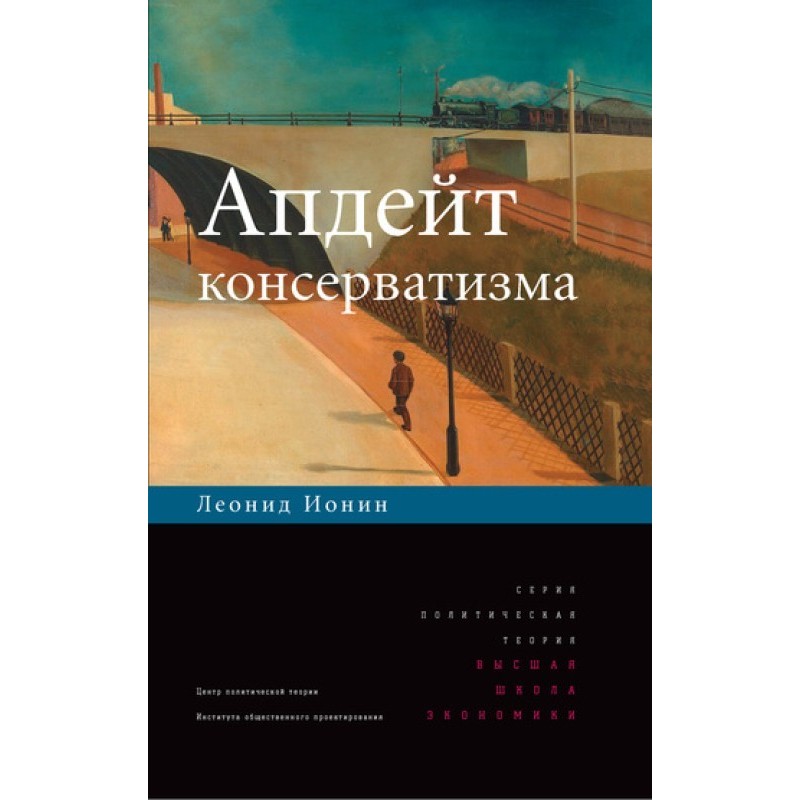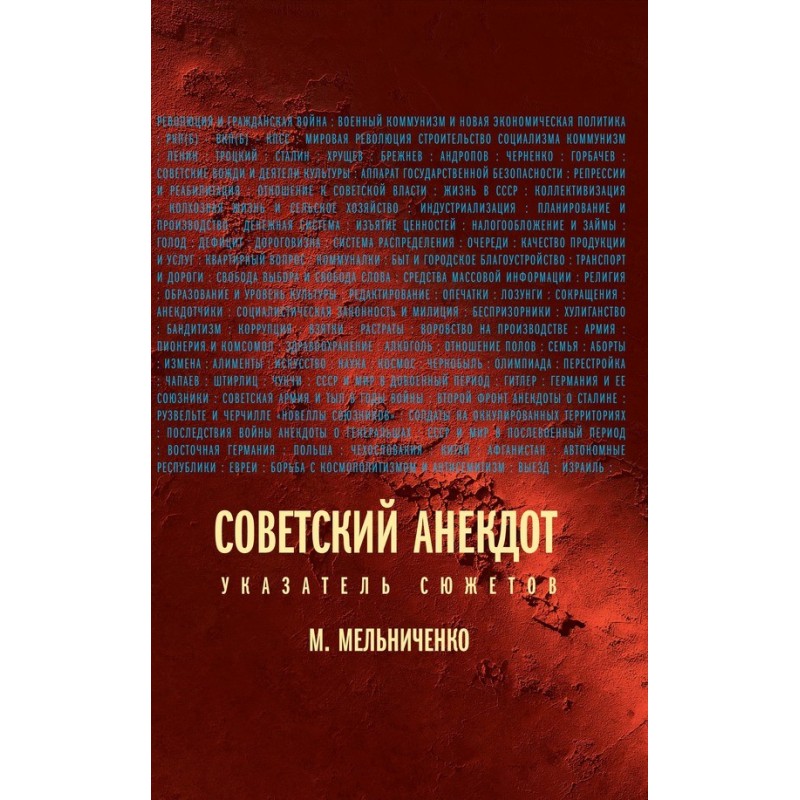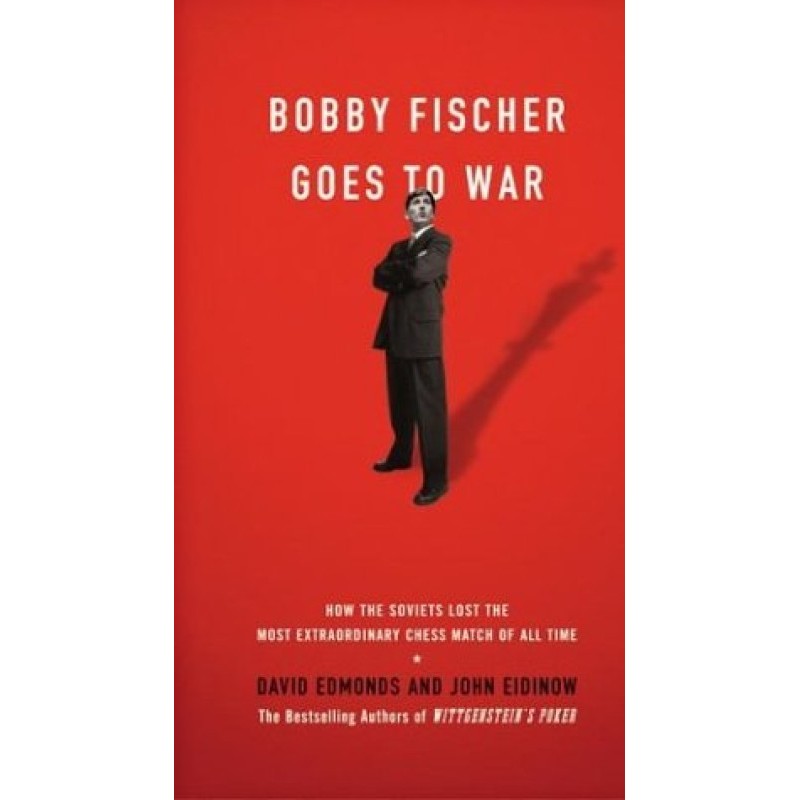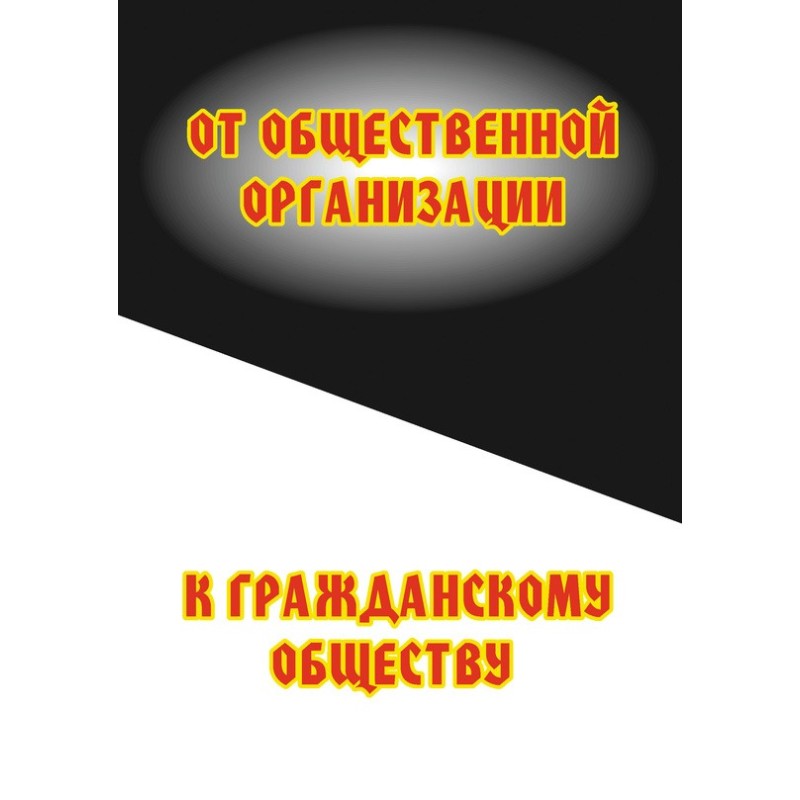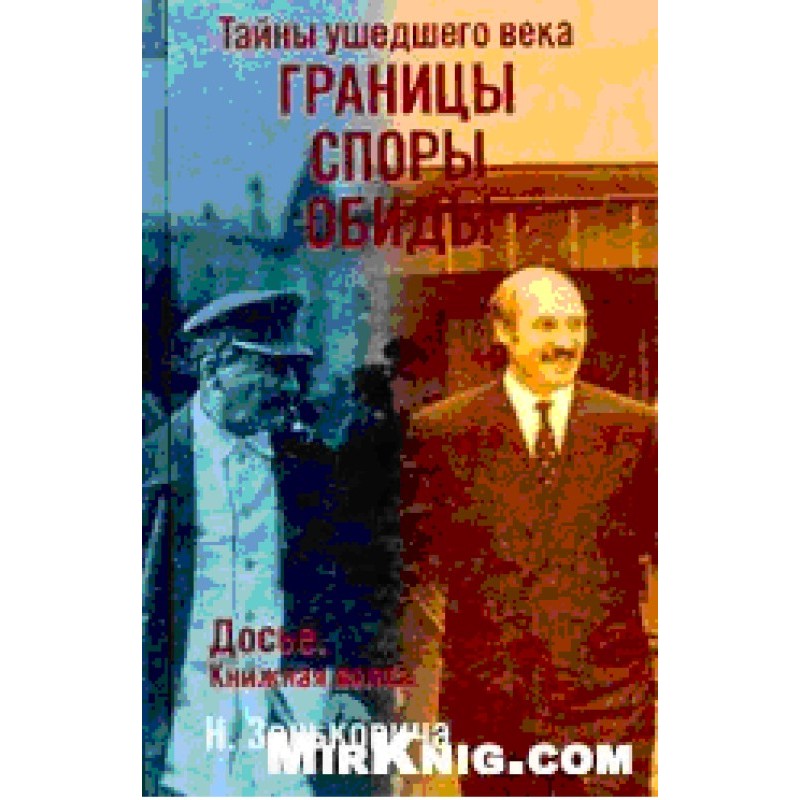Pirates and Emperors, Old and New: International Terrorism in the Real World
 Instant download
Instant download
after payment (24/7)
 Wide range of formats
Wide range of formats
(for all gadgets)
 Full book
Full book
(including for Apple and Android)
This updated edition of Noam Chomsky’s classic dis-section of terrorism explores the role of the U.S. in the Middle East, and reveals how the media manipulates -public opinion about what constitutes "terrorism."
This edition includes new chapters covering the second Palestinian intifada that began in October 2000; an analysis of the impact of September 11 on U.S. foreign policy in the Middle East; a deconstruction of depictions and perceptions of terrorism since that date; as well as the original sections on Iran and the U.S. bombing of Libya.
Chomsky starts by tracing the changing meaning of "terrorism," examining how it originally referred to violent acts by "governments designed to ensure popular submission." He calls its current application "retail terrorism," practiced by "thieves who molest the powerful." Chomsky argues that appreciating the differences between state terror and nongovernmental terror is crucial to stopping terrorism, and understanding why atrocities like the bombing of the World Trade Center happen.
In comparing the "war on terror" launched by George W. Bush to that of his father and Ronald Reagan’s administrations, Chomsky recalls Winston Churchill’s summation of the terror by the powerful: "The rich and powerful have every right to demand that they be left in peace to enjoy what they have gained, often by violence and terror; the rest can be ignored as long as they suffer in silence, but if they interfere with the lives of those who rule the world by right, the ‘terrors of the earth’ will be visited upon them with righteous wrath, unless power is constrained from within."
Pirates and Emperorsis a brilliant account of the workings of state terrorism by the world’s foremost critic of U.S. imperialism.
Data sheet
- Name of the Author
- Ноам Хомский
- Language
- English
Reviews
Вражаючий аналіз тероризму та імперіалізму
Книга Ноама Хомського "Пірати та імператори, старі та нові" є надзвичайно важливим і актуальним дослідженням, яке пропонує глибоке розуміння тероризму в контексті міжнародної політики. Хомський майстерно розкриває складні механізми маніпуляції, які використовують ЗМІ, формуючи громадську думку про тероризм та його причини. Оновлене видання містить нові розділи, які висвітлюють події після 11 вересня, а також аналізують вплив США на Близькому Сході, що робить цю книгу особливо цінною в умовах сучасних глобальних конфліктів. Автор не боїться ставити під сумнів традиційні уявлення про тероризм, пропонуючи читачеві нові перспективи на державний і неурядовий терор. Його аргументи про необхідність розуміння відмінностей між цими формами терору є вкрай важливими для побудови справедливішого світу. "Пірати та імператори" - це не просто книга, це заклик до критичного мислення та активної участі у формуванні майбутнього. Рекомендую всім, хто цікавиться політикою, соціологією та історією, адже ця книга може змінити ваше сприйняття світу.

